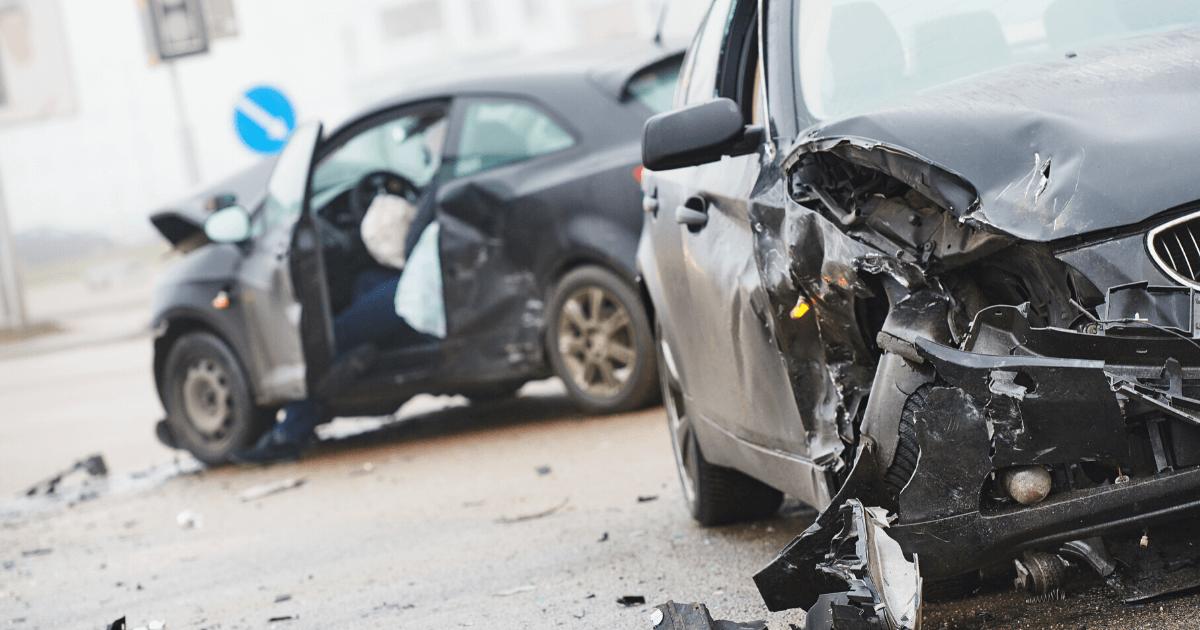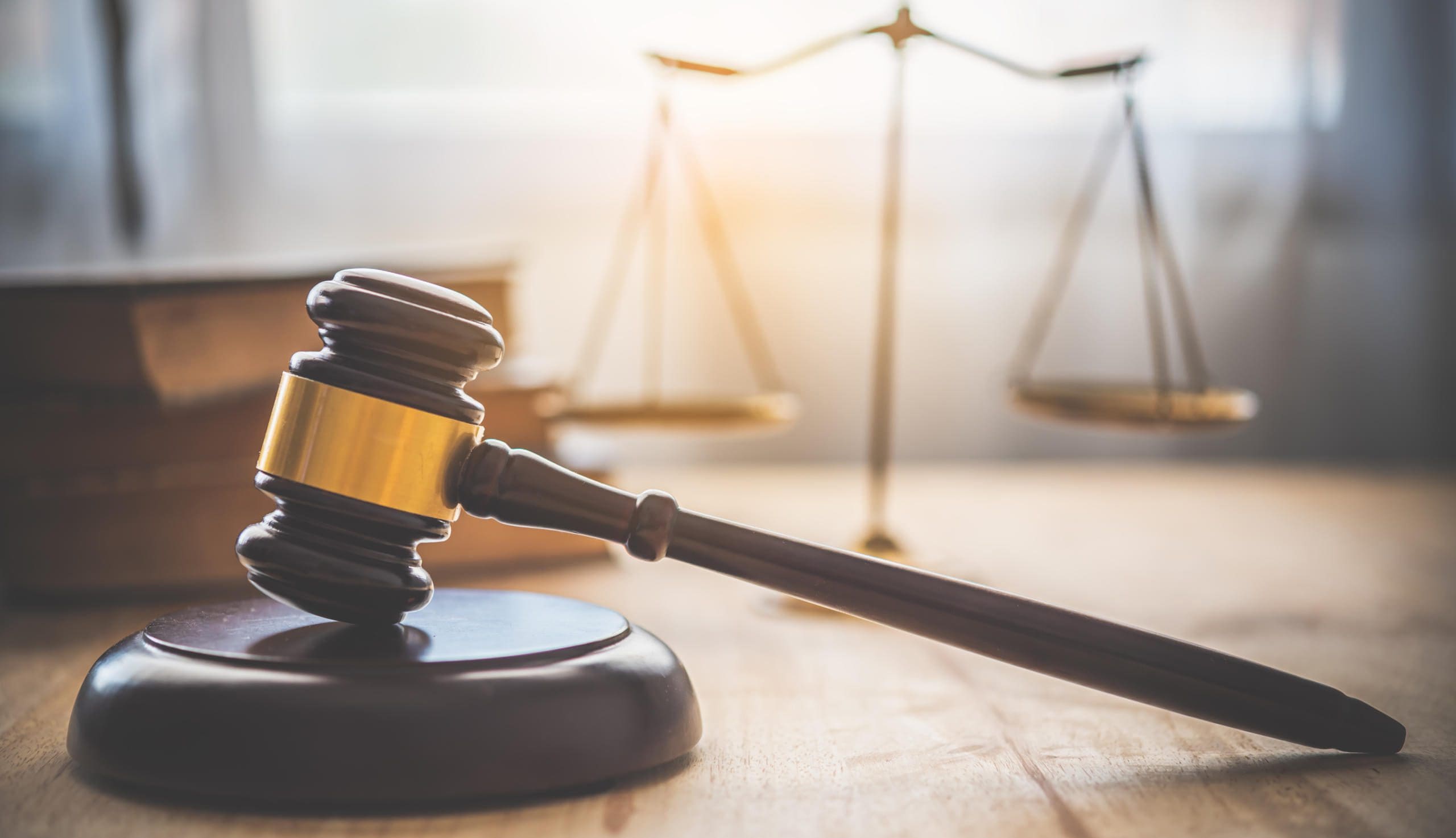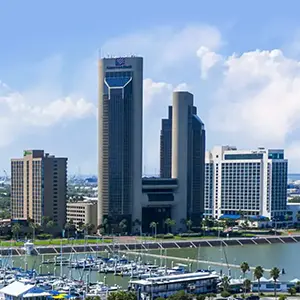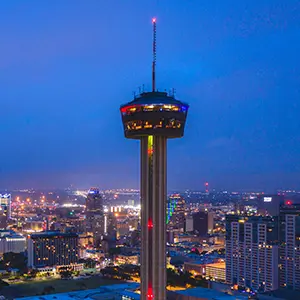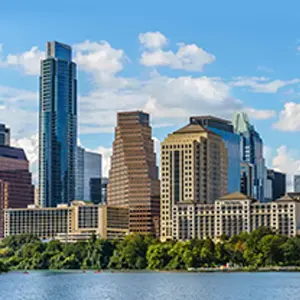Austin Injury Attorney Answers: What Happens During Mediation?
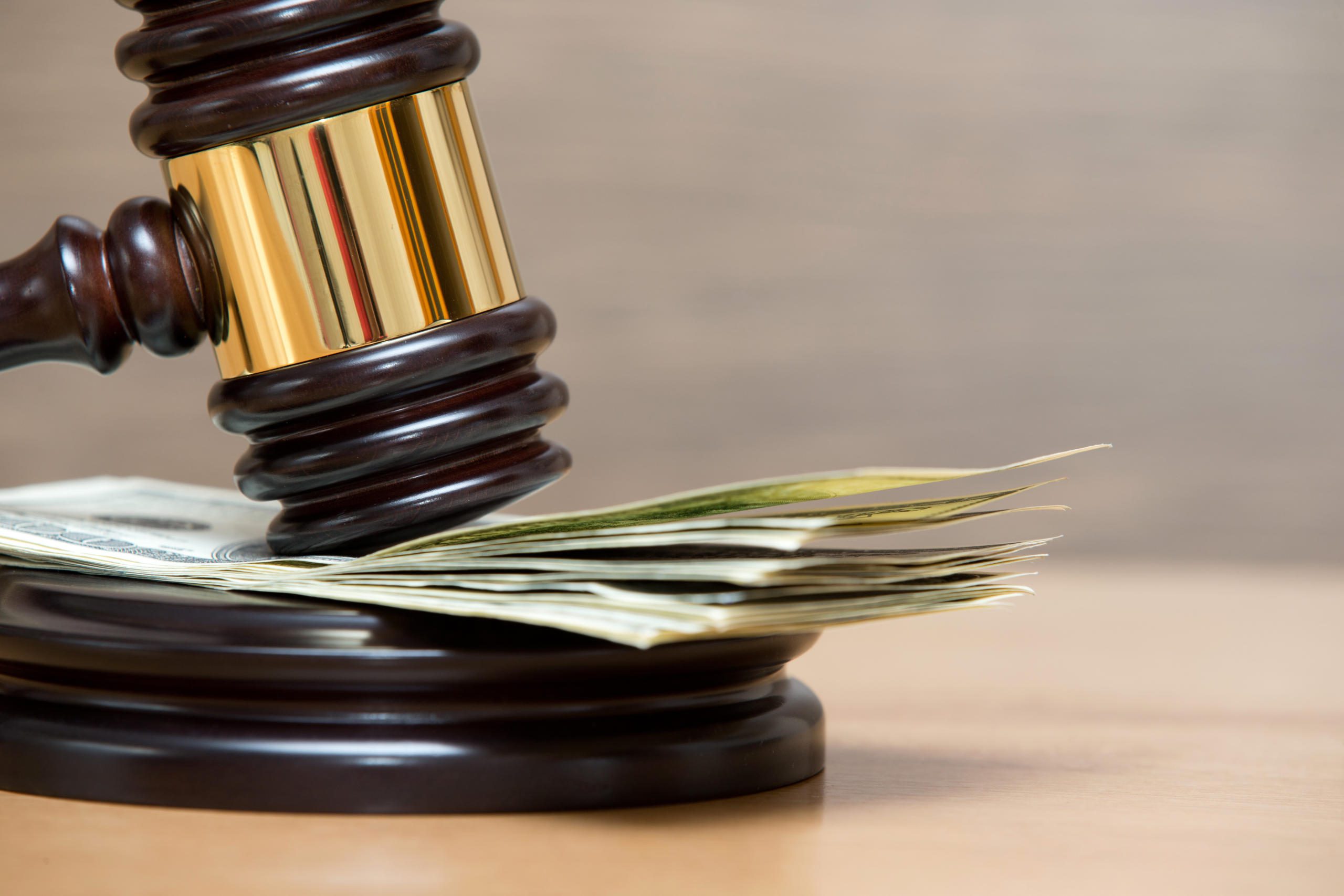
There are several ways to resolve a personal injury case. Some you may have heard of, such as trial and settlement, but others may be less familiar, like arbitration and mediation. When you file a personal injury claim, your Austin injury attorney will work with you to determine what course of action is best for your case.
Still, you may be wondering, “What happens during mediation?” Let’s take a look.
What is Mediation in a Personal Injury Lawsuit?
Before we get into what happens during mediation, we first need to understand what mediation is.
Mediation is a form of alternative dispute resolution often used in civil claims, including personal injury lawsuits. The mediation process involves parties on each side of the case agreeing to use a neutral third party to try to resolve the claim without going to trial.
With the help of an impartial third party, the goal is to establish an agreed-upon set of basic facts, like who is at fault and how your injuries happened, as well as a mutually agreed-upon settlement. In personal injury cases, mediation can be entered in voluntarily by both parties or it can be required by the judge overseeing your case.
Is Mediation a Required Step?
If a court or judge orders mediation, then yes. Otherwise, mediation is entirely voluntary. In instances where mediation is not ordered by the court or judge, it is best to trust the personal injury attorney handling your case on whether mediation should occur.
In some circumstances, mediation is a great way to successfully resolve a claim in a timely manner. It will also spare you the risks and expenses associated with trial. Unfortunately, the other side may not be entering mediation in good faith. Many insurance companies will use mediation as a negotiation tool to prevent you from seeking maximum compensation in trial.
Insurers and their attorneys will attempt to settle your case for less than you deserve by playing up the risks and costs of trial. Don’t let them intimidate you!
It is important to remember that these risks and costs also apply to the defense. Further, if you are working with a reputable attorney, they will have built your case for trial since the beginning.
What Happens During Personal Injury Mediation?
Mediation is typically a very structured process. Normally, the following steps will occur.
- The mediator will introduce themselves and the parties involved. They will then provide a quick explanation of how the mediation will work.
- Signing a confidentiality agreement. Both parties will sign a confidentiality agreement preventing either party from using information obtained in mediation in court should the case go to trial.
- Opening statements. Your attorney will establish fault, how your parties happened, the extent of the damages you suffered, and the compensation you are demanding for those injuries. The defense will likely dispute these claims and the amount you are seeking.
- Individual meetings with the mediator. Both parties will meet one-on-one with the mediator to discuss the case.
- After meeting with both parties, the mediator will go back and forth between the parties, presenting offers and counteroffers in an attempt to settle the claim.
- End of mediation. How your mediation ends will depend on whether a settlement agreement is reached. Sometimes a settlement is reached in a few hours. Other times, no settlement agreement can be reached and your case will continue toward trial.
What Happens If a Settlement is Reached?
If you are able to reach a settlement agreement through mediation, the appropriate documents will be signed and payment will be made. A dismissal order will then be sent to the judge. Once the judge signs this order, the legal case is considered resolved.
Why Do Some Personal Injury Cases Not Settle in Mediation?
The vast majority of personal injury lawsuits are settled outside of court and do not require the parties to go to trial. Still, there are some instances in which a settlement cannot be reached. Common reasons that a personal injury case does not settle in mediation include:
- Unreasonable expectations: Sometimes expectations are set too high (or too low) by the plaintiff or defense. If there are large gaps in the offers from the parties involved and neither is willing to move, there will be no settlement.
- Failure to prepare: A mediation requires that both parties arrive with clearly defined goals as well as the evidence to demonstrate why their demands are reasonable. If one party comes unprepared, it is unlikely there will be much success during mediation.
- Lack of negotiating experience. Mediation negotiations require experience. There is a lot to consider in the negotiation process, and you need an attorney that is adept at communicating with opposing counsel. They need to be aggressive while also maintaining a certain rapport with the other side so negotiations occur in good faith.
- Biased mediators. Successful mediation requires that the mediator is impartial and unbiased. Any bias on behalf of the mediator will need to be addressed immediately as it will hinder any chance of reaching a fair settlement.
Have More Questions About Your Austin Injury Case?
If you have any other questions about your personal injury claim, call Thomas J. Henry Law. Our attorneys are available 24/7 to assist you.
Our law firm has a winning history spanning nearly three decades. You can rest assured that we have the experience and knowledge to handle your claim effectively and aggressively.
Call now for your FREE case consultation.
Blog

